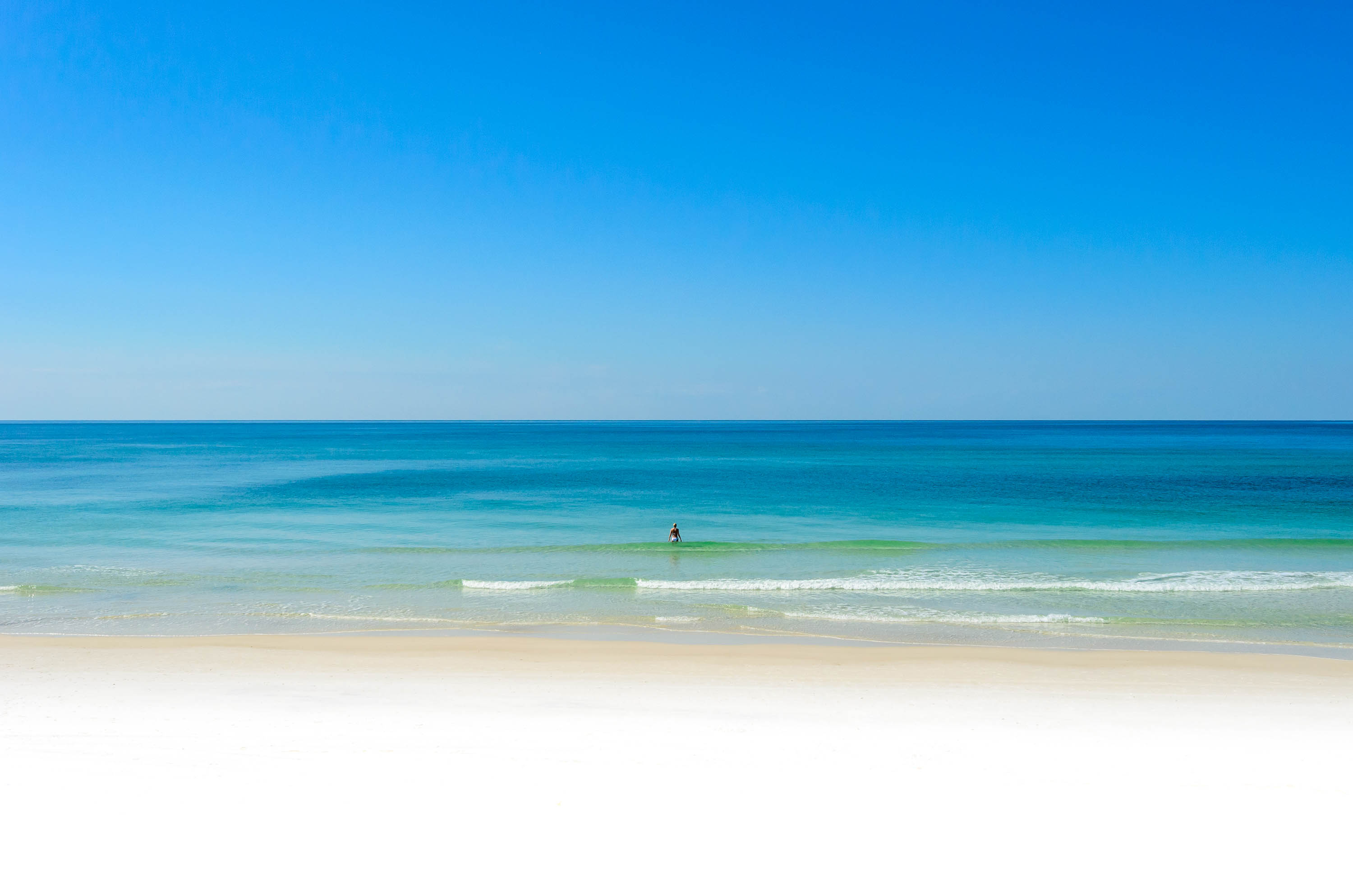Please be aware of bears - Bears are very active in the spring in Walton County!

It’s springtime, and Florida’s wildlife is becoming more active. The Florida Fish and Wildlife Conservation Commission (FWC) reminds the public to be BearWise® and watch for bears as they stop hitting the winter snooze button.
March means black bears will leave their winter dens for food and water, and they rarely pass up an easy meal. Any accessible garbage, bird seed, or pet food left around your property is like ringing a dinner bell. Secure your attractants to ensure bears will move on from your neighborhood and that female bears won’t teach their cubs your yard makes for a convenient buffet.
Here are some other BearWise® Basics to keep in mind:
Black bears are generally not aggressive but they have injured people in Florida. Dogs, in particular, can trigger defensive behaviors from bears, especially females with cubs. When walking dogs, keep them close to you on a short leash and stay aware of your surroundings. Before letting your dog outside in your yard, flip exterior lights on and off and bang on the door to give bears and other wildlife a chance to leave the area.
Bears cross more roadways as they become more active this time of year. To avoid vehicle collisions with bears and other wildlife, slow down when driving, particularly on rural highways at dawn or dusk. Look for road signs identifying bear and other wildlife crossing areas. Each year in Florida, an average of 250 bears are killed after being hit by vehicles.
Having conflicts with bears? FWC should be your first call - our staff are here to help. Please call one of the FWC’s five regional offices to speak with a biologist about the specifics of your situation to help resolve any conflicts. Go to MyFWC.com/Contact and click “Contact Regional Offices” to find the phone number for your region. Call the FWC’s Wildlife Alert Hotline at 888-404-FWCC (3922) to report someone who is harming bears or intentionally feeding them.
More information is available at MyFWC.com/Bear, where you can access the “Guide to Living in Bear Country” brochure. You can also help bears and other wildlife by purchasing the Conserve Wildlife license plate at WildlifeFlorida.org. For more information on Florida’s wildlife in spring, visit MyFWC.com/News and click on “Spring Wildlife News.”

About BearWise® BearWise® is an education and outreach program founded, supported and funded by member state wildlife agencies. Today, BearWise® is a national program of the Association of Fish and Wildlife Agencies. BearWise® is managed by a national team of state agency bear biologists and communications professionals from the private sector, working together to ensure that no matter where people live, play or travel, they get the same consistent, science-based information about living responsibly with bears.

If you see babies - LOOK OUT FOR MOMMA!!!
It’s springtime, and Florida’s wildlife is becoming more active. The Florida Fish and Wildlife Conservation Commission (FWC) reminds the public to be BearWise® and watch for bears as they stop hitting the winter snooze button.
March means black bears will leave their winter dens for food and water, and they rarely pass up an easy meal. Any accessible garbage, bird seed, or pet food left around your property is like ringing a dinner bell. Secure your attractants to ensure bears will move on from your neighborhood and that female bears won’t teach their cubs your yard makes for a convenient buffet.
Here are some other BearWise® Basics to keep in mind:
- Never feed or approach bears.
- Remove bird feeders when bears are active.
- Feed your pets inside if possible and never leave pet food outdoors.
- Clean and store your grills and smokers.
- Secure food, garbage and recycling.
- Alert your neighbors to bear activity in the area.
Black bears are generally not aggressive but they have injured people in Florida. Dogs, in particular, can trigger defensive behaviors from bears, especially females with cubs. When walking dogs, keep them close to you on a short leash and stay aware of your surroundings. Before letting your dog outside in your yard, flip exterior lights on and off and bang on the door to give bears and other wildlife a chance to leave the area.
Bears cross more roadways as they become more active this time of year. To avoid vehicle collisions with bears and other wildlife, slow down when driving, particularly on rural highways at dawn or dusk. Look for road signs identifying bear and other wildlife crossing areas. Each year in Florida, an average of 250 bears are killed after being hit by vehicles.
Having conflicts with bears? FWC should be your first call - our staff are here to help. Please call one of the FWC’s five regional offices to speak with a biologist about the specifics of your situation to help resolve any conflicts. Go to MyFWC.com/Contact and click “Contact Regional Offices” to find the phone number for your region. Call the FWC’s Wildlife Alert Hotline at 888-404-FWCC (3922) to report someone who is harming bears or intentionally feeding them.
More information is available at MyFWC.com/Bear, where you can access the “Guide to Living in Bear Country” brochure. You can also help bears and other wildlife by purchasing the Conserve Wildlife license plate at WildlifeFlorida.org. For more information on Florida’s wildlife in spring, visit MyFWC.com/News and click on “Spring Wildlife News.”
About BearWise® BearWise® is an education and outreach program founded, supported and funded by member state wildlife agencies. Today, BearWise® is a national program of the Association of Fish and Wildlife Agencies. BearWise® is managed by a national team of state agency bear biologists and communications professionals from the private sector, working together to ensure that no matter where people live, play or travel, they get the same consistent, science-based information about living responsibly with bears.
If you see babies - LOOK OUT FOR MOMMA!!!
